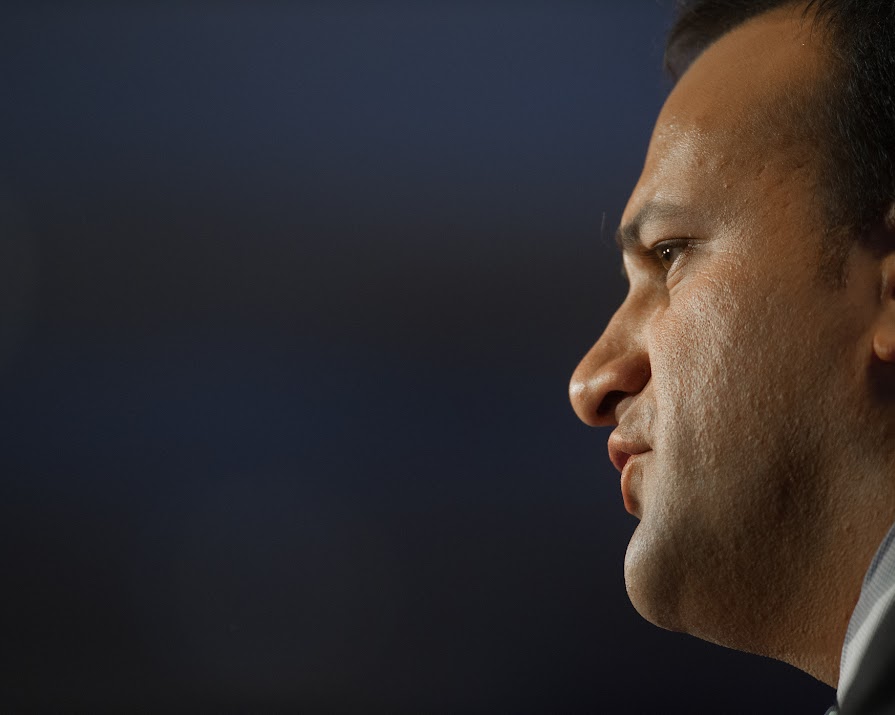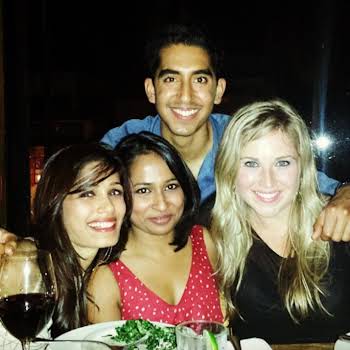
By Colette Sexton
03rd May 2018
03rd May 2018
Colette Sexton, news correspondent at the Sunday Business Post, on why you are a racist, even if you don’t realise it.
A “typical Indian”, is how unionist politician John Taylor, also called Lord Kilclooney, described our Taoiseach Leo Varadkar on Twitter this week. It has caused a media frenzy. Alliance Party leader Naomi Long said the tweet was “a racial slur, insulting of not only the Taoiseach and the Irish people, but of Indian people, too”. She added that his conduct needed to be addressed by the House of Lords, where he is a life peer, as it was “deliberate, calculated disrespect.”
Lord Kilclooney since issued a statement saying “I am certainly no racist and in particular have an admiration for Indians.” He added: “I wanted to highlight that, unlike native Irish PMs, he had contravened the normal courtesies of visiting the UK and I certainly have succeeded. As one who works for Indians in the UK I am most definitely no racist – far from it – I admire them.”
Like Lord Kilclooney, the vast majority of us would baulk at the idea of being described as racist, but in reality we all have unconscious bias. Our experiences, societal stereotypes and backgrounds inform our decisions and actions, without us even realising.
The research backs this up. After analysing thousands of tests on implicit bias in 2014, Catalyst, global nonprofit which aims to build workplaces that work for women, found that 88 per cent of white people have a pro-white or anti-black bias, while 48 per cent of black people have a pro-black or anti-white bias.
“Most of us believe that we are ethical and unbiased. We imagine we’re good decision makers, able to objectively size up a job candidate or a venture deal and reach a fair and rational conclusion that’s in our, and our organisation’s, best interests,” Mahzarin Banaji wrote in Harvard Business Review in 2003.
Still think you are 100 per cent bias free? Then take a test. Harvard’s Project Implicit aims to educate the public about hidden biases through tests which measure implicit and explicit attitudes and stereotypes.
This unconscious bias can impact not just on snap decisions, but also on decisions that we have thought about in what we believe is a considered and careful manner. This is particular true when we are stressed, distracted, relaxed or in competition.
Luckily, there are ways to counter these unconscious bias. Harvard Business Review recommends gathering better data, ridding the work environment of stereotypical cues, and broadening your mind-set when you make decisions. If you want to do some training, Facebook has created free tool to train people on managing unconscious bias. But ahead of fixing the problem, you first need to recognise that while you might think you are a completely fair and tolerant person, what is happening at the back of your mind might not include those qualities at all.
Photograph: Leo Varadkar, leovaradkar.ie
While we have you, make sure to go and listen to our podcast The Spill.
This week’s episode kicks off with an examination of Janelle Monaé’s PYNK, which features her and her fellow dancers in opulent pink vagina trousers. Sophie and Rhona go on to discuss if people are treated differently because of their level of beauty and finish by helping a reader who can’t stop fantasising about women.























